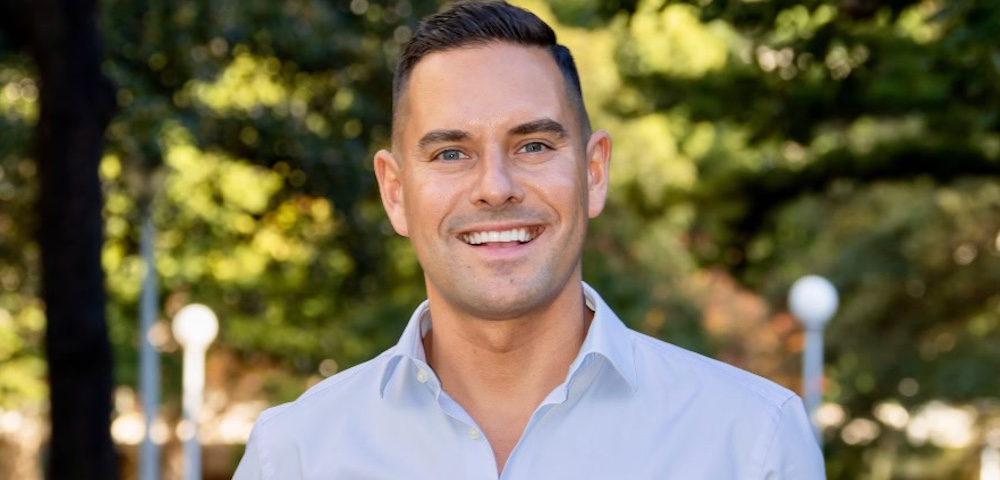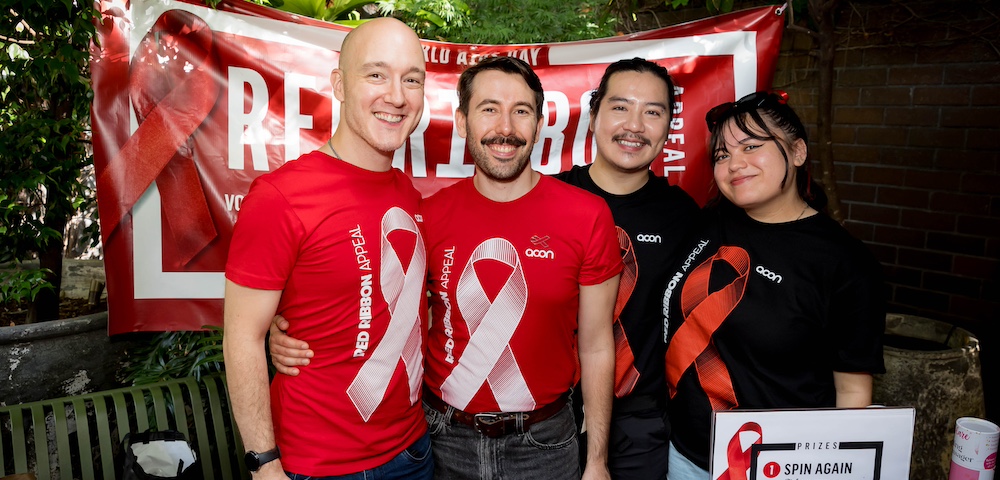
Focus on men’s health
Wondering why there has been a spate of young men sporting new moustaches around Sydney this month? Many of them have been doing it for Movember, a charity event aimed at raising awareness of men’s health.
Men have long had a reputation for ignoring health problems and putting off visits to the doctor, which is why a number of organisations have decided to make November a month to focus on men’s health in Australia.
One of those trying to change the face of men’s health is Movember (www.movember.com.au), which is raising money for and awareness of prostate cancer, male depression and testicular cancer.
Moustache growers raise money by getting friends and colleagues to sponsor them. Funds raised will go to the Prostate Foundation of Australia and Beyond Blue, the national depression initiative.
With just a few days to go, Movember has already raised $3.3 million in Australia, exceeding the hopes of organisers who had been aiming to reach $2 million by the end of the month.
Another national campaign this month is Men’s Health: No More Secrets (www.menshealth.org.au), organised by the Freemasons Of Australia in conjunction with Beyond Blue.
The aim of the campaign is to let men know which health issues might affect them at their age.
It includes a guide and a checklist explaining what men should get checked for in each age group. For instance, men aged 18-39 should be conscious of testicular cancer and skin cancers. Men aged 40-49 should be checked for diabetes and blood pressure, while men aged 50-64 should beware of bowel and prostate cancers.
Prostate cancer is the most commonly diagnosed cancer in men in Australia after skin cancer. Every year around 2,700 men die from the disease.
The biggest risk factors for prostate cancer are family history and age. It mostly affects men aged 50 and up, with most deaths occurring in those over 60. The disease is rare in men under 45, according to The Cancer Council of Australia.
There are currently two tests available to detect possible signs of prostate cancer. One is the PSA (prostate specific antigen) blood test, which can show if the prostate is enlarged. An enlarged prostate might mean it is cancerous.
The other way to test is a DRE (digital rectal examination), which involves a gloved finger being inserted into the patient’s rectum to check for abnormality of size of the prostate.
Treatment can include removal of the prostate, radiotherapy or hormonal treatments.
One in six men suffer from depression, according to Beyond Blue. It’s a common problem that can have a serious effect on physical and mental health and make it hard to function on a day-to-day basis.
Symptoms can include feeling miserable, sad or down for more than two weeks, losing interest or pleasure in things that used to be enjoyable, moodiness and increased irritability. For other symptoms see www.beyondblue.org.au.
People who think they might be suffering from depression should contact a GP. Treatment can include psychological treatment or medication.
Testicular cancer primarily occurs in young men aged 18-35. Symptoms can include a hard lump on one of the testicles, swelling and a dull ache. Men are advised to check their testicles regularly to grow familiar with their usual shape and make them aware of any changes.
Treatment usually involves the removal of the testicle and may be followed by chemotherapy or radiotherapy. This type of cancer is the most curable of all cancers, according to the Cancer Council, and the death rate is low.
For more on prostate cancer see www.prostate.org.au; for more about depression see www.beyondblue.org.au; for information about testicular cancer see www.cancer.org.au.









